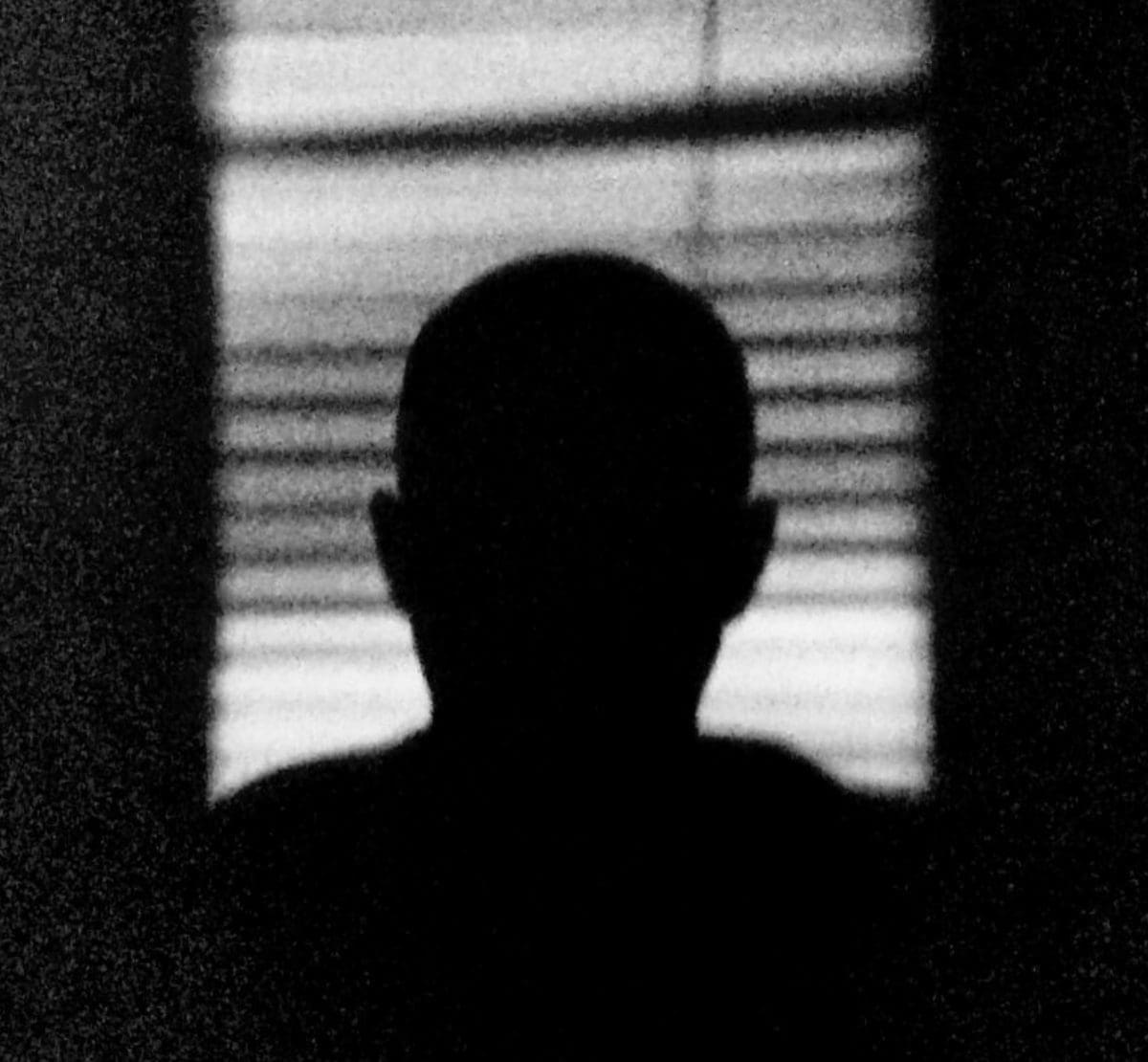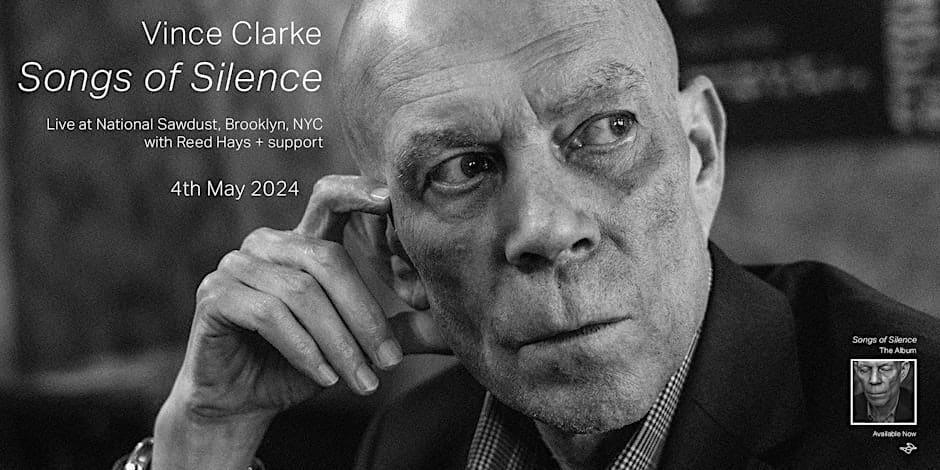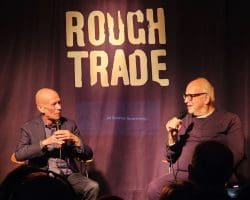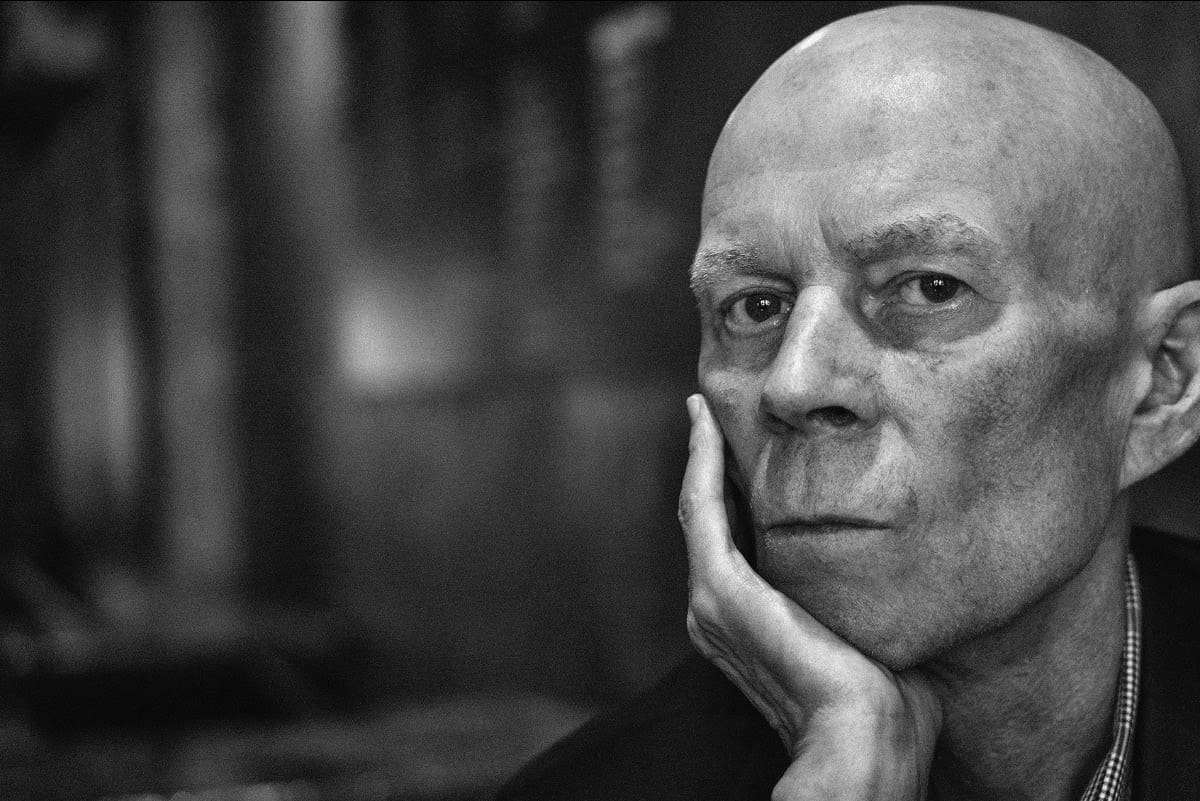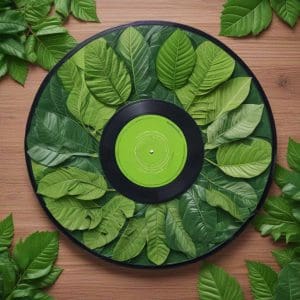Alka interview: ‘Working with Vince Clarke has been an absolutely amazing experience and completely inspiring’
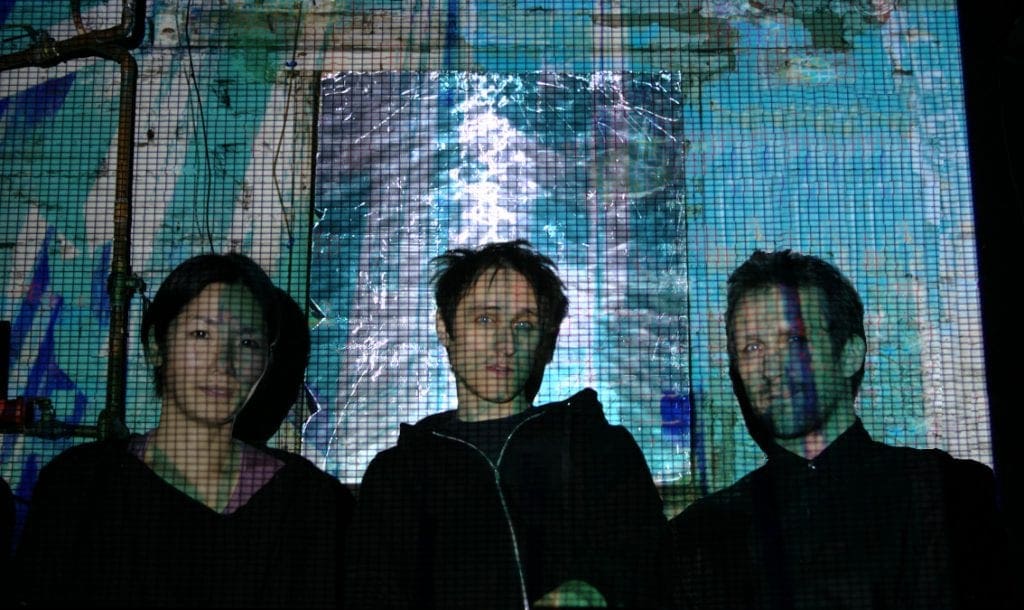

(Text by Janos Janurik / Photo by Erika Tele) Vince Clarke has not only worked diligently on the current Erasure album “The Neon”, but he has also taken care of the artists of his own label, VeryRecords. After Brook’s debut album from 2019, he is going to release the second LP by Alka („Regarding The Auguries”) on 9th October. The mysterious young musician named Bryan Michael, who is behind the pseudonym Alka, was briefly interviewed by our co-editor, Janos Janurik on the occasion of his upcoming album release.
SL: Three years after your first release on Vince Clarke’s Very Records label, you`re dropping a new album this October. If we include your previous releases too, this is already the fourth Alka album since 2007. When was the first time you started making music? Who were the musical heroes in your youth? For example, I saw some old photos of you wearing Nitzer Ebb T-shirts. Or was it just a coincidence?
BM: Very observant. I started with music production as soon as I got my first CASIO SK-1 and later SK-5 and loaded them up with Art Of Noise samples. I have always been a fan of diverse music in general but growing up there was something about the electronic sound that intrigued me and I was definitely drawn to obscure acts (for the states at least) such those on Nettwerk, Wax Trax!, Play it Again Sam, and Mute.
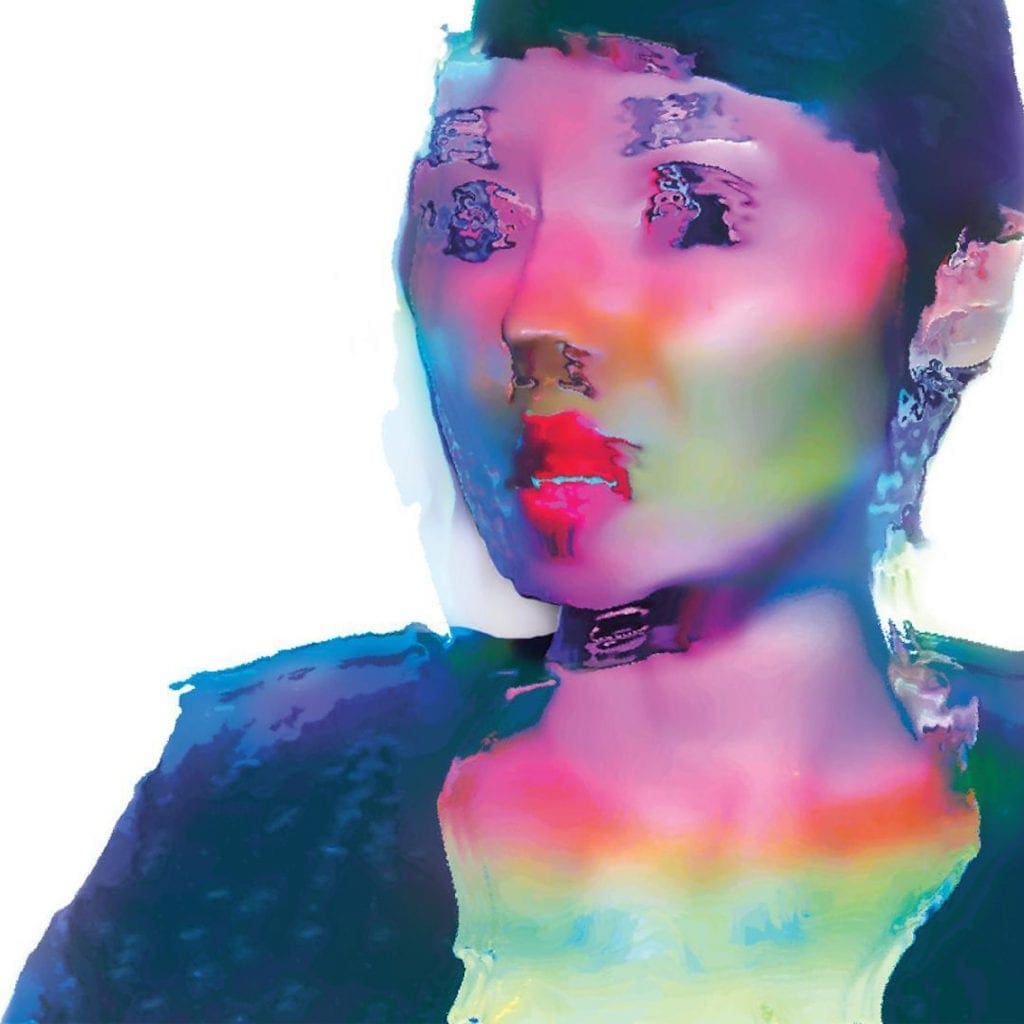

SL: After his musical cooperation with Paul Hartnoll and the release of Reed & Caroline’s debut album, Vince Clarke took you under his wing. I remember well when he told me in the late summer of 2017 with a smile in his eyes that the next Very Records release will come from a gifted librarian. How did you get in touch with him? Were you a fan of his works? What was he like as a mentor?
BM: I was just telling him how, when his Lucky Bastard sample CD was released, it was like a gateway to an off-limit universe of analogue synth heaven for me. His work was profoundly rooted in my love of electronic music. It wasn’t merely that he was an amazing tunesmith and producer but I really valued his love and appreciation for synthesisers great and small. Working with Vince has been an absolutely amazing experience and completely inspiring.
SL: I think your new work will make the heart of all electro fans beat faster. It captivates the listener from the very first minute and unites many different styles of electronic music: ambient, industrial, synth-pop and so on. Who else was involved in the experimentation, who else was working on the production?
BM: For a bit now I’ve been rethinking Alka as a solo project and more of a collaborative unit. I had been working closely with fellow electronic music artist Todd Steponick but it wasn’t until we found Erika Tele, who we initially signed on for live video performance, that things really clicked. When she started contributing vocals and other elements we were excited about this progression in sound. We like to avoid beat-based genre prisons and favour diversity in our sound.
SL: The first single, “Faito” (“Fight!” in English) is perhaps the craziest song from your new album and the Japanese voice samples make it even more mysterious. The minimalist, computer-animated video also perfectly fits with the mood of the song and Vince Clarke has created an excellent mix of it too. Do you have a special affinity for Asia, or is that some kind of homage to Kraftwerks “Dentaku”, or did your fellow musician, Erika Tele (artist and vocalist of Japanese origin), just influence you?
BM: At risk of being labelled a weeb 😉 my other love growing up, alongside synths and electronic music, was mecha design, anime in general, and a healthy dose of tokusatsu. I think that influence never really left me. Working with Erika was a coincidence but I value her multicultural input to Alka and we definitely bond with our mutual love of anime and Japanese culture. ‘Faito’ was one of those tracks that developed organically out of layers of EMS Synthi recordings and a discarded Japanese vocal take from another track through the magic of Todd’s sleek production.
SL: The album title “Regarding The Auguries” can be explained in different ways. Some think that what is happening in the world at the moment has already been prophesied by the wise men, while others think that it is almost impossible at this time to plan even for a week. And what do you think? How do you see our current life? What did you want to teach the listeners with your music?
BM: One of the things that kept reoccurring during the production was the theme of birds and in particular the Japanese Tengu mythology, where a sort of demon is thought to transform into a bird. An augury was an ancient Roman form of interpreting omens or divination through the observation of birds. ‘Regarding The Auguries’ is just a poetical take on this process often referred to as “taking the auspices”. Had we all being paying closer attention to the auguries, however, we would’ve foreseen the woes of the current world. In retrospect, the album can be seen as a sort of real-time interpretation of how we got where we are today.
SL: And what do you do when you are not actually making a new album? Do you still make remixes for other artists? Or do you put together DJ sets? I know it’s almost impossible to talk about tours right now, but would you like to do live sets with the new album? Are there at least any plans to do something like this in the (hopefully) near future?
BM: I’ve recently finished up some remixes with my mate Roger O’Donnell, the keyboardist for the Cure, along with some other projects. I’m currently working on a DJ set for air in November but mostly I’m always working on new music along with my various synth building and repair projects. We had been working up our live set and playing out a few select shows before the pandemic and would love to continue that in the future, but for now we must heed the auguries and all be safe.
Track list:
- Fractured Time
- Widthchild
- Faito
- Earth Crisis
- Scrapple
- Sourcery
- My Heart
- Solfège
- Doubt
- Dead Like Me
- King Card
- Solfège (Fujiya & Miyagi Remix)
- Faito (Vince Clarke Remix)
- Fractured Time (DJ Jekyll of Shelter Remix)
Regarding The Auguries will be released as a limited-edition CD, download and stream through VeryRecords on 9th October 2020.
Or check here on Spotify.
Since you’re here …
… we have a small favour to ask. More people are reading Side-Line Magazine than ever but advertising revenues across the media are falling fast. Unlike many news organisations, we haven’t put up a paywall – we want to keep our journalism as open as we can - and we refuse to add annoying advertising. So you can see why we need to ask for your help.
Side-Line’s independent journalism takes a lot of time, money and hard work to produce. But we do it because we want to push the artists we like and who are equally fighting to survive.
If everyone who reads our reporting, who likes it, helps fund it, our future would be much more secure. For as little as 5 US$, you can support Side-Line Magazine – and it only takes a minute. Thank you.
The donations are safely powered by Paypal.

